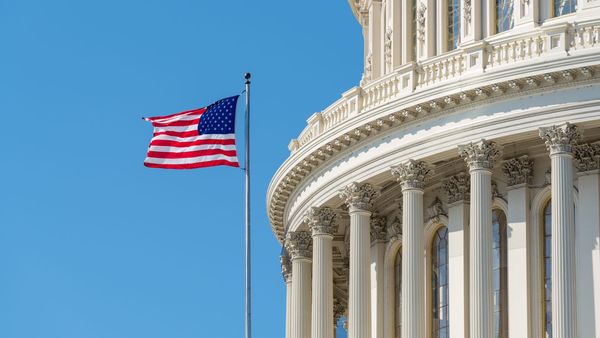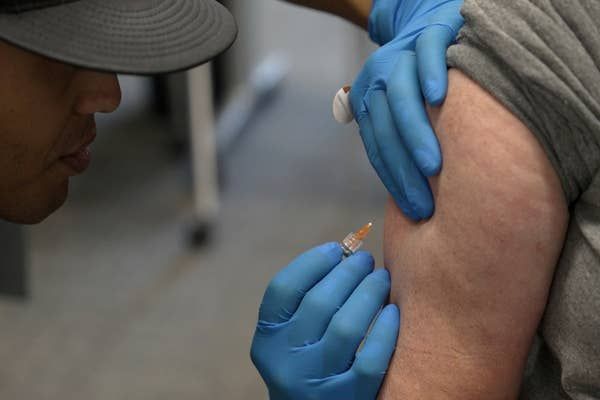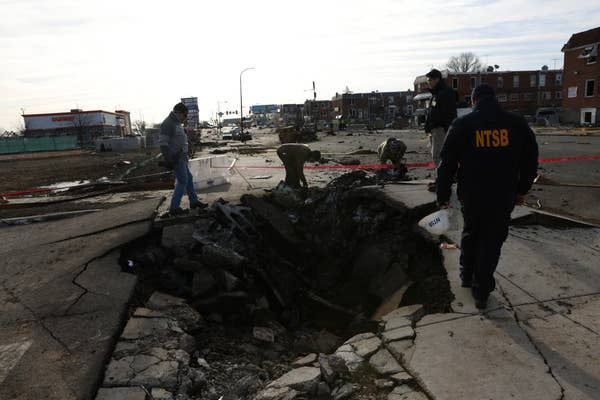Since the start of the year, the baby formula shortage has been getting worse and placing many new parents in impossible positions.
National supply started to dwindle after the U.S. Food and Drug Administration recalled three brands of powdered formulas after several infants became sick after consuming it and supplier Abbott Laboratories ABT closed a major plant producing the formula in Sturgis, Michigan in February .
Amid out-of-stock rates of over 50% in many states, retailers like Target TGT, CVS CVS and Walgreens WBA have been placing limits on the number of cans one can buy at a time. Parents, in turn, reported arranging feeding times to preserve formula and driving across multiple towns or even states, only to find empty shelf after empty shelf.
The Domestic Formula Shortage is Not Getting Better
In states like Texas and North Dakota, the situation has grown particularly dire and led to calls for the federal government to step in to improve the situation. President Joseph Biden has since invoked the Defense Production Act to ramp up national production and authorized use of federal planes to fly supply in from overseas.
"I know parents all across the country are worried about finding enough infant formula to feed their babies," President Joseph Biden posted on his social media outlets on May 18. "As a parent and as a grandparent. I know just how stressful that is."
Danone S.A. (GPDNF) , a French food giant that owns brands like Dannon, Activia, and Evian, has also started ramping up its shipments of baby formula from Europe to the U.S.
The Europeans Are Stepping in To Help
Reuters reported that after having ocean analytics company Ocean Audit crunch the numbers on ocean cargo imports, Danone's Nutricia branch shipped over 770,000 cans of infant formula to the U.S. from Jan. 1 to May 1. This is more than triple what it ships to North America in a normal year.
The formula has been coming in on over 1000 cargo ships departing primarily from Britain and the Netherlands. 93% landed in Eastern ports like Philadelphia for distribution in the rest of the country while 7% went to Mexico.
Reuters found that nearly 84,000 pounds of baby formula arrived in the U.S. just five days after the Abbott recall in February.
"We understand how important it is for families to access these specialized formulas which is why our absolute priority has been to increase production and supply of these medical formulas to serve the most vulnerable babies since the shortages arose in February," a Danone spokesperson told Reuters.
Will Domestic Production Improve? Eventually
While best-known for its yogurts, Danone is the world's second-largest producer of baby formula. Brands owned by the company include Aptamil, Nutrilon, Happy Family among others.
It is, however, not the primary producer in the U.S. as most stores supplied domestically-produced or British formulas prior to the crisis. Reuters also found that British formula producer Reckitt Benckriser (RBGPF) went from supplying a third of the baby formula in the U.S. to over half in just a few months.
"If it comes into the port on a Monday, I'm almost certain that they would have it out by Tuesday or Wednesday because the product's so hot," Steve Ferreira, CEO of Ocean Audit, told Reuters.
While Abbott has been promising to reopen the plant and improve production soon, restarting that process has proven more difficult. The company shares are down 11% in the last six months, while Danone's and Reckitt's are rising.







